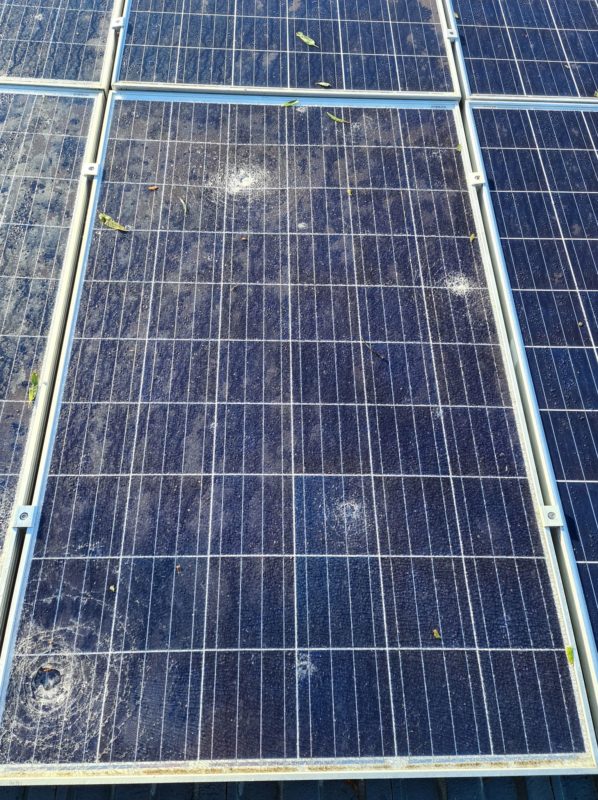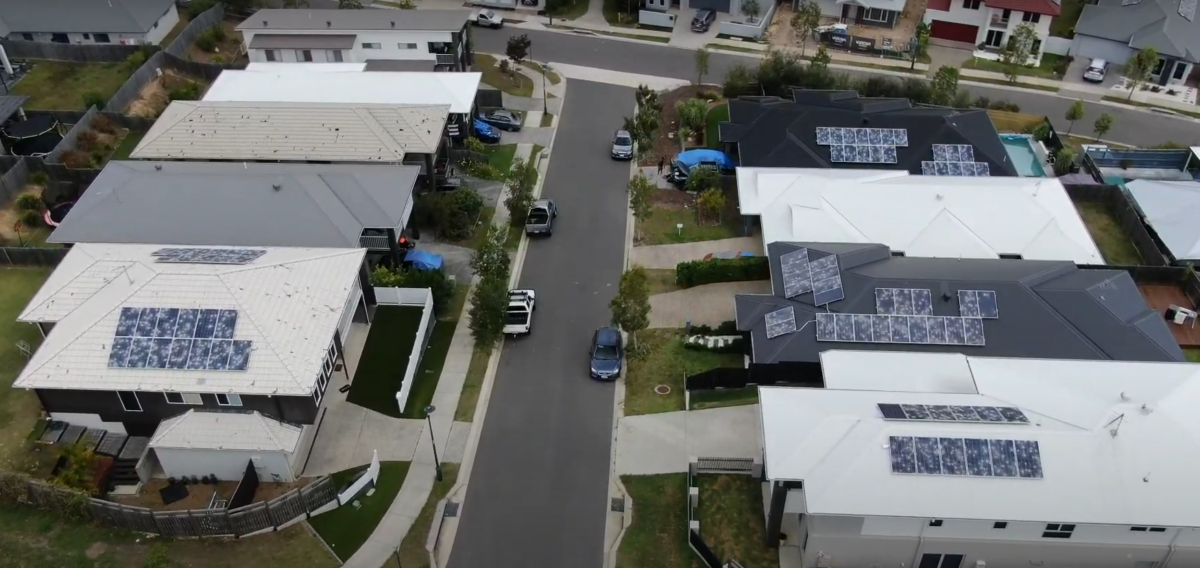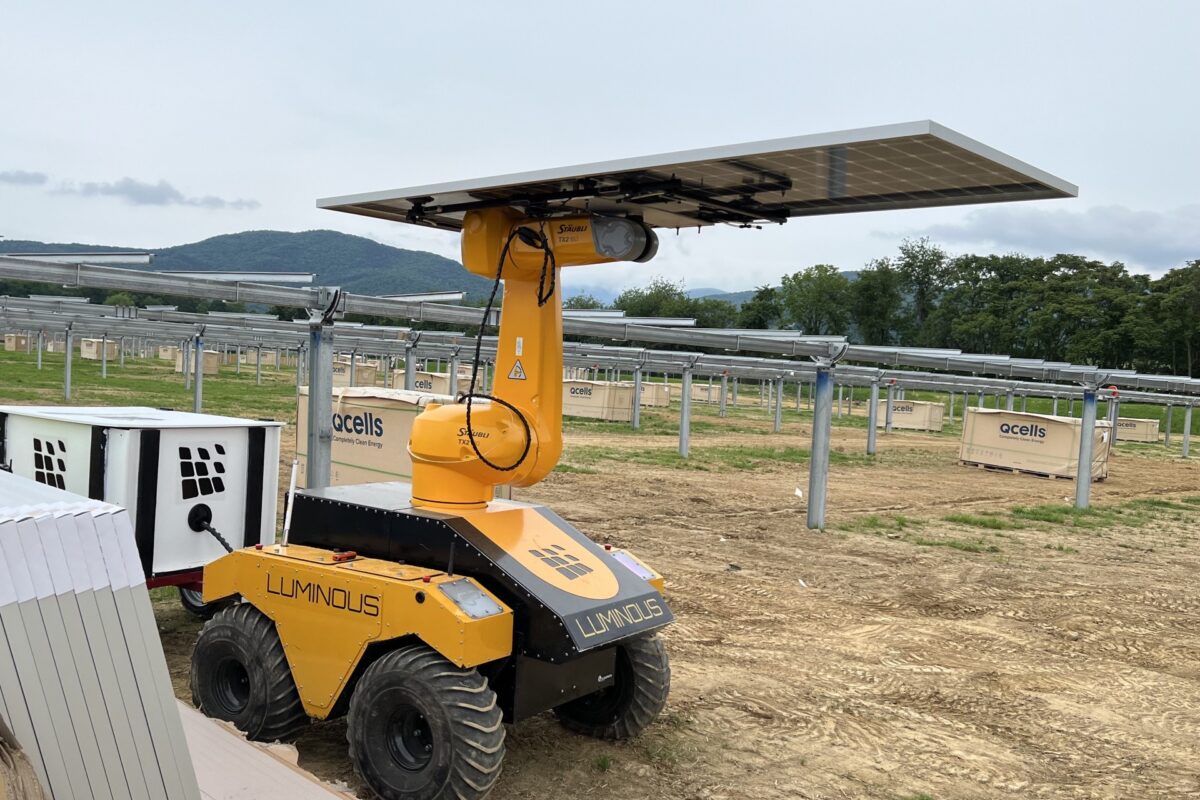We are still getting calls to quote customers needing replacements for their existing solar systems which were damaged in the storm.
There was a job we installed just nine months prior to the freak hailstorm, a real beauty, the customer wanted a high-quality system. The solar system had beautiful LG Neon2 Solar panels.
LG Solar panels are undoubtedly high-quality, but these panels had portholes punched in them. The didn’t stand a chance. The hailstones in this particular storm were the size of cricket balls. Hail went through roof tiles straight into people’s living rooms.
If I had to nominate a particular solar panel that would be the most ‘hail-resistant’, I’d suggest the German made SolarWatt panels. Their 40mm frames are basically unparalleled in the Australian solar industry at present. By comparison, cheaper panels usually have 35mm frames, with some going down to just 30mms.
SolarWatt panels also have a ‘double-glass’ build, meaning not only is glass on top of the panel, bu underneath too. They’re made to be as durable and long-lasting (hence the 30-year product warranty) as I’d imagine any solar panel could be.
However, I’m not suggesting these panels would have survived a hailstorm as freakish as the recent Ipswich one – hailstorms that big are next-level, monstrous. I’m simply suggesting there are panels which can tolerate smaller hail better than others.

Daniel Jarrett/Queensland Solar and Lighting
Naturally, the next day and over the following weeks we had residents of the hailstorm hit suburbs of Brisbane and Ipswich call us asking for replacement solar system quotes because of the damage. Solar companies like ours can get inundated during these periods.
If people are worried about finding themselves in the unfortunate situation of having hail-damaged solar panels, this storm season they will need to contact their home insurance provider.
The home insurance company will let them know if they have their own solar electrical contractors who will come out to assess and, if needed, install a replacement solar system.
Another option could possibly be a cash settlement, where the insurance company and homeowner come up with an amount based on current market value of the damaged solar system.
Sometimes home insurance companies also ask solar households to source their own solar installer, agreeing to pay for the solar system on their behalf.
Let’s hope this summer has great solar production, rather than great hailstorms. That being said, it’s certainly worthwhile checking up on home insurance policies. Believe me, no one wants to be caught out the way some of my customers were.
Author: CEO of Queensland Solar and Lighting, Daniel Jarrett
The views and opinions expressed in this article are the author’s own, and do not necessarily reflect those held by pv magazine.
This content is protected by copyright and may not be reused. If you want to cooperate with us and would like to reuse some of our content, please contact: editors@pv-magazine.com.








By submitting this form you agree to pv magazine using your data for the purposes of publishing your comment.
Your personal data will only be disclosed or otherwise transmitted to third parties for the purposes of spam filtering or if this is necessary for technical maintenance of the website. Any other transfer to third parties will not take place unless this is justified on the basis of applicable data protection regulations or if pv magazine is legally obliged to do so.
You may revoke this consent at any time with effect for the future, in which case your personal data will be deleted immediately. Otherwise, your data will be deleted if pv magazine has processed your request or the purpose of data storage is fulfilled.
Further information on data privacy can be found in our Data Protection Policy.